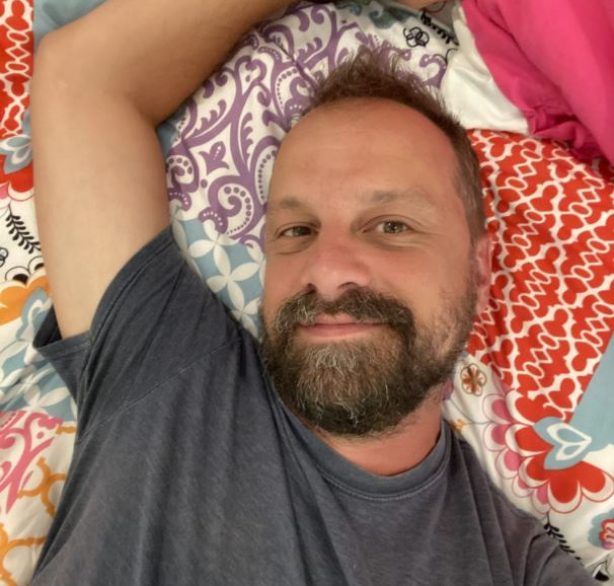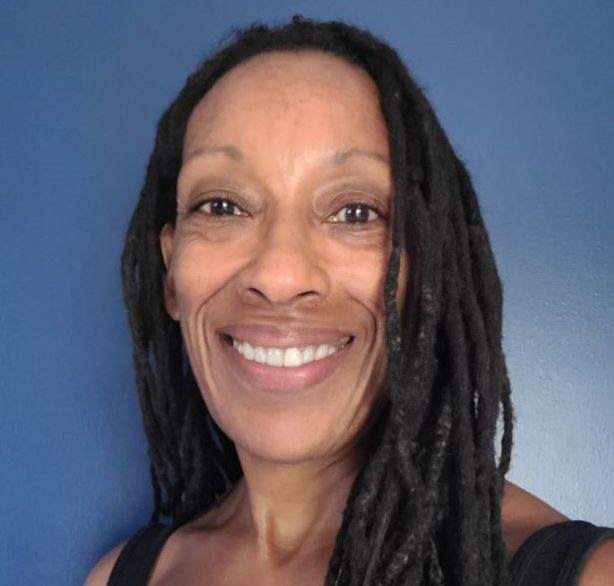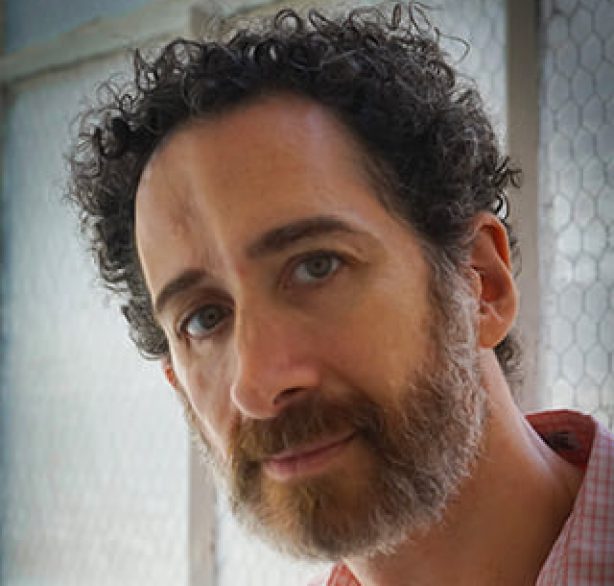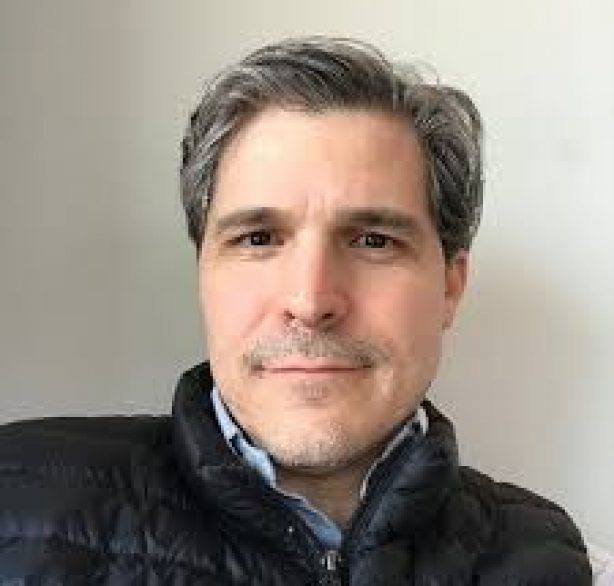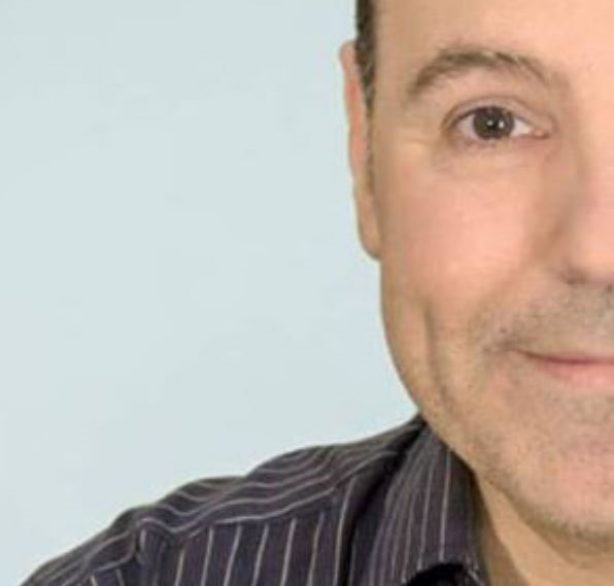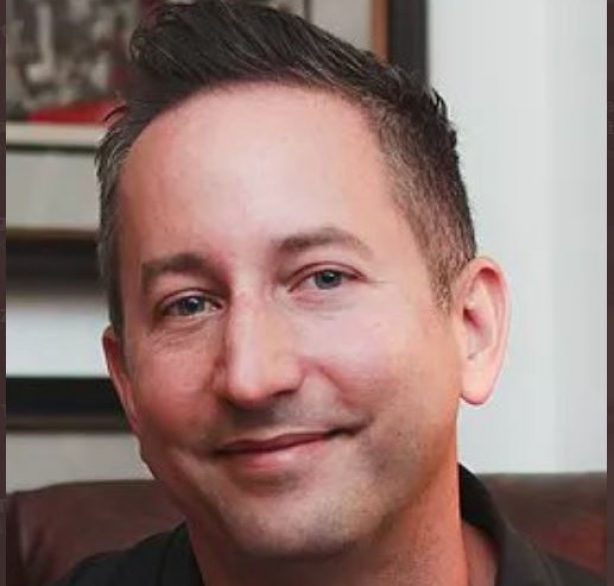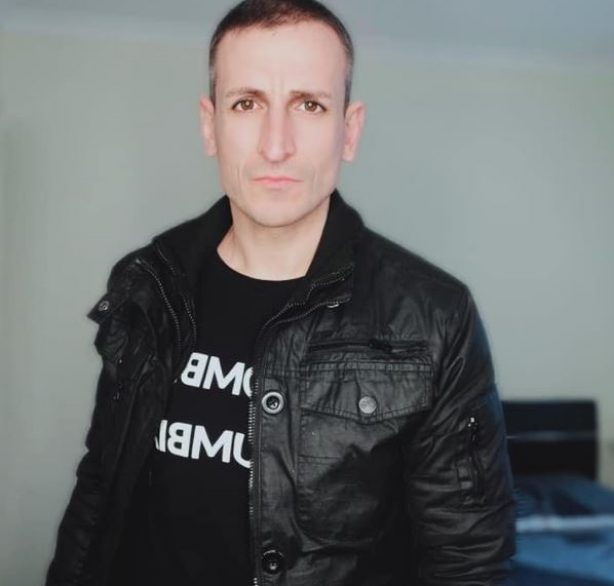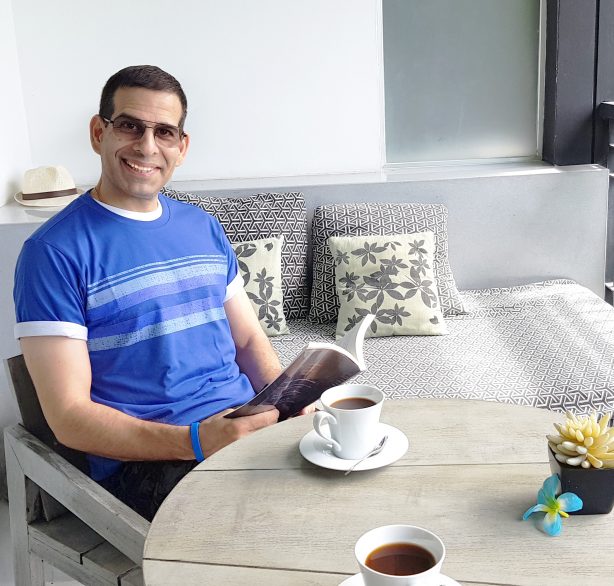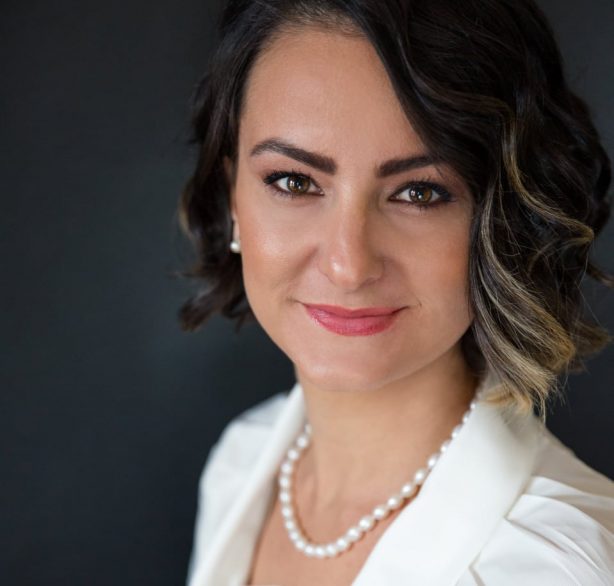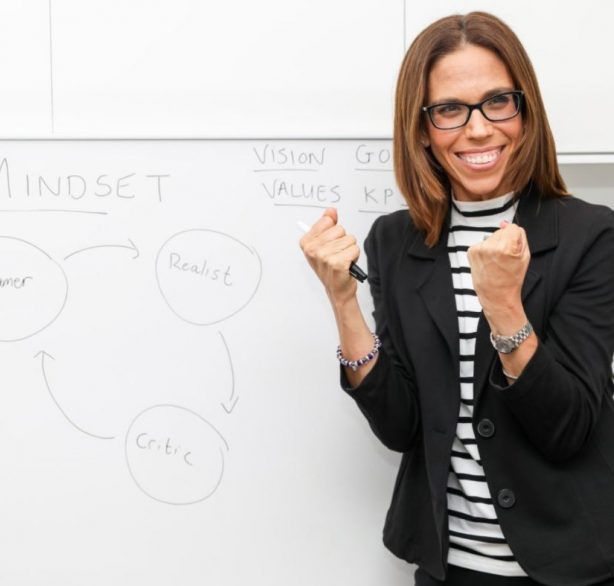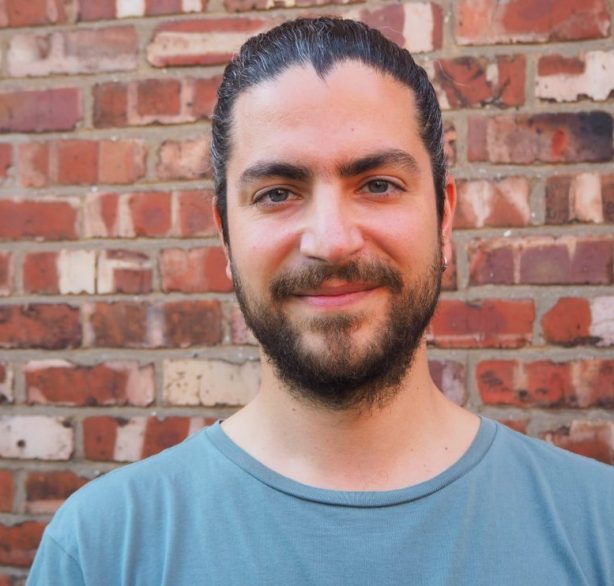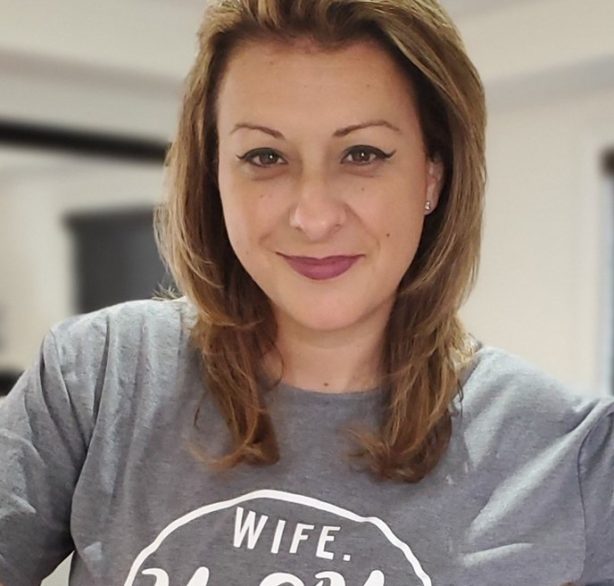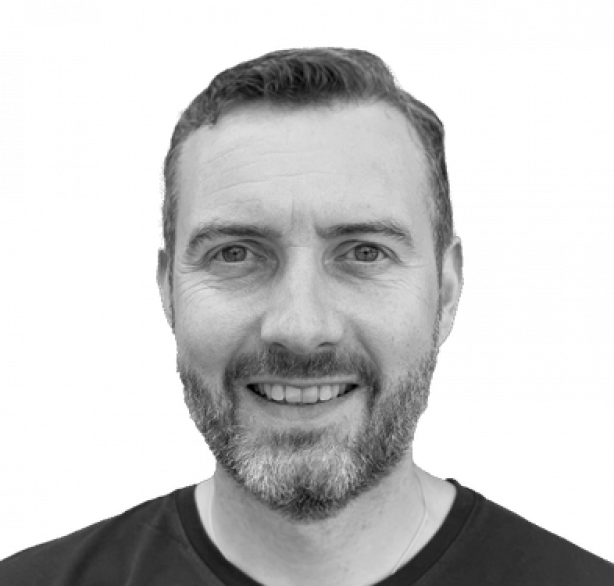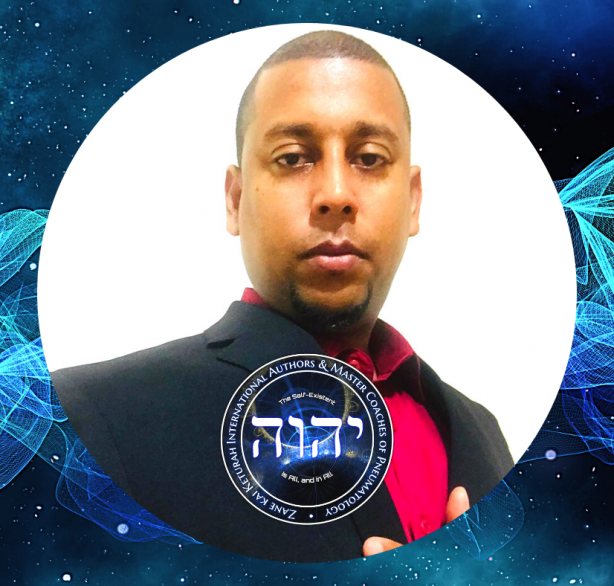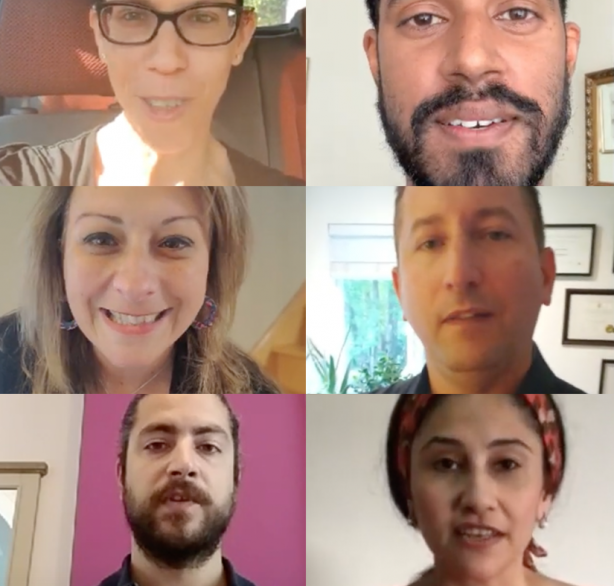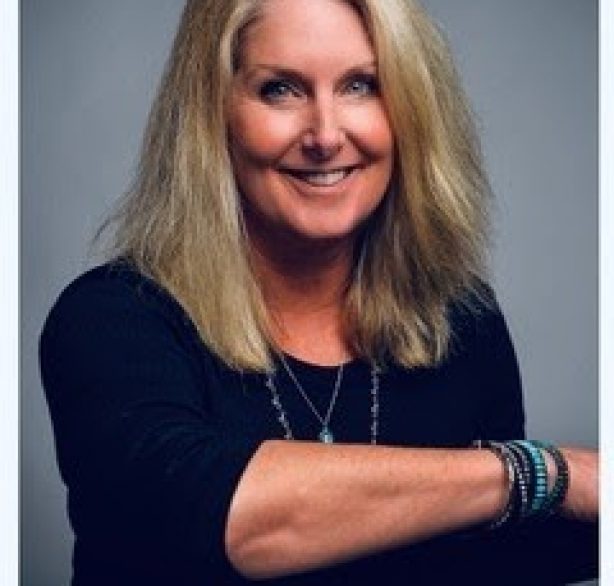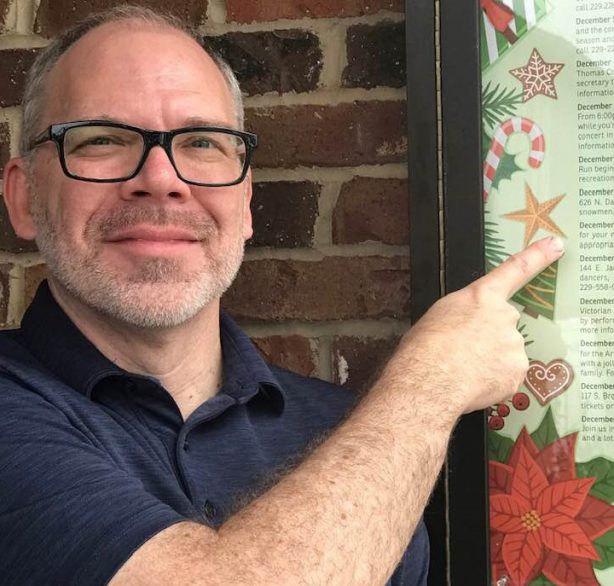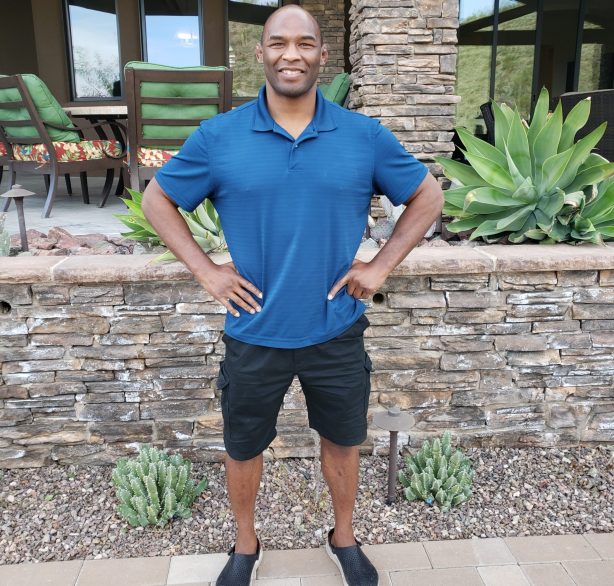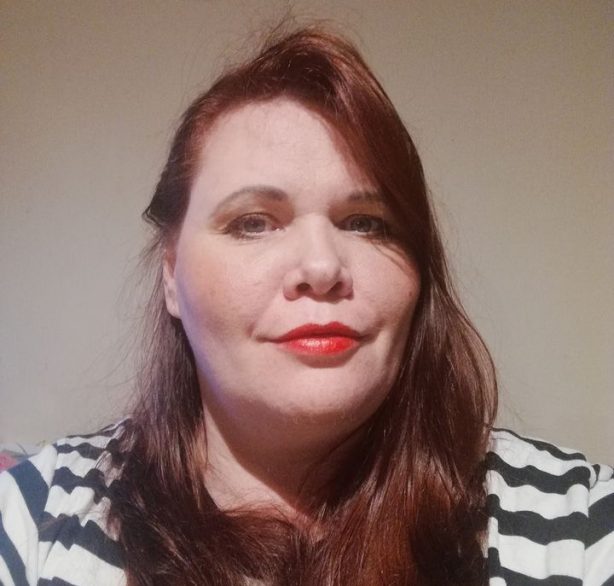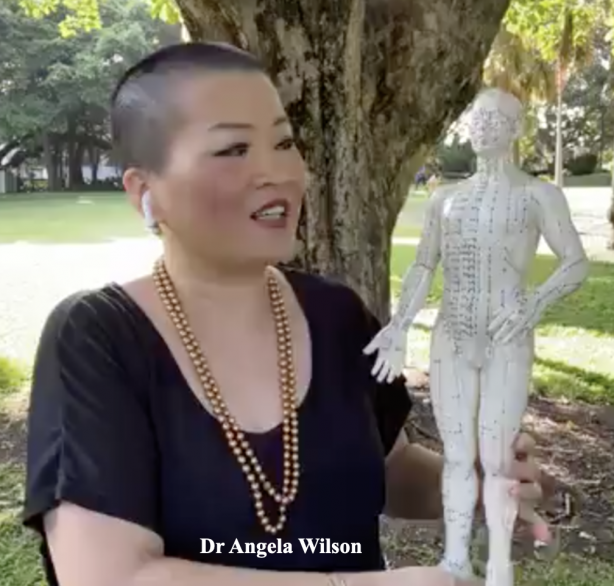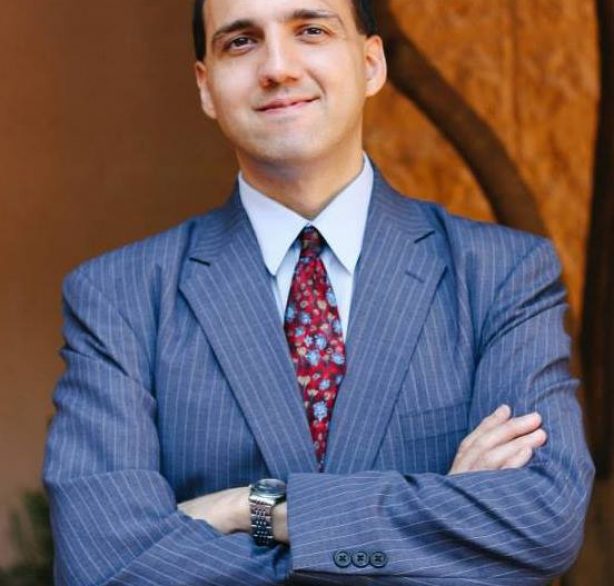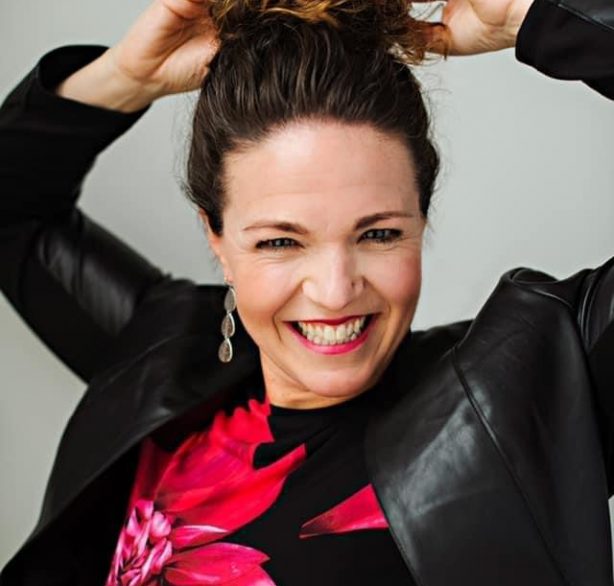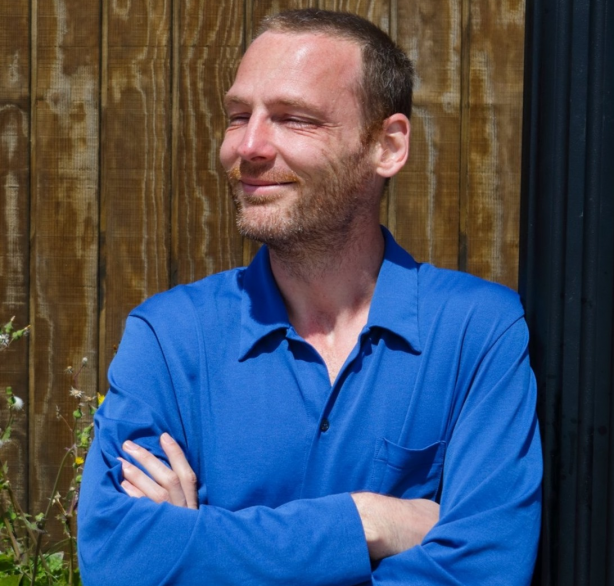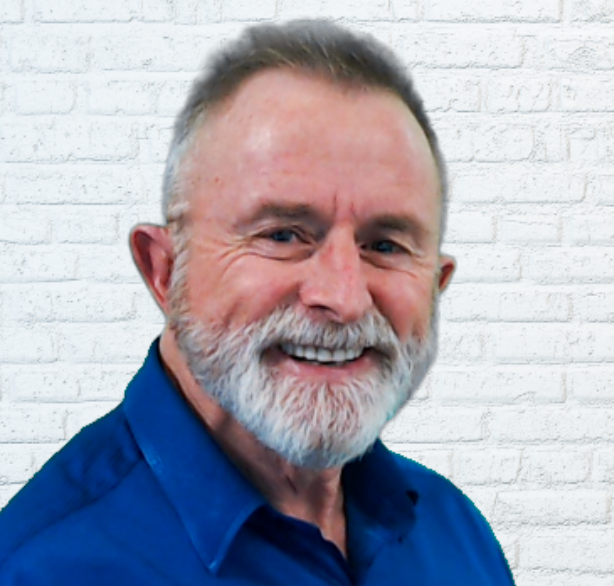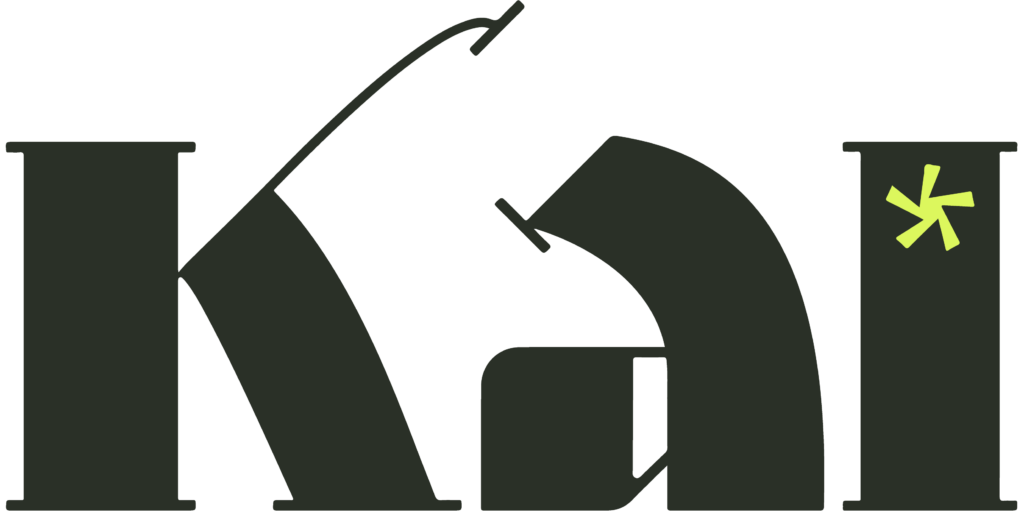Watch the full and inspiring interview with Vered
If you prefer reading, here is the transcribed interview
Ziv: Hey, I’m Ziv and this is on the journey. Every week on the Journey explores the intersection of wellness which require mental health, personal growth and purpose for living through the eyes of the people we interview .
And today, I’m happy to host Vered Lerner.
Hey, Vered, how are you?
Vered: I’m great, thanks.
Thank you so much for having me on here today. I do coaching and consulting. My company is based on services. I do virtual business but I’m located in the Toronto, Ontario, Canada area.
So the focus that I have is usually with either businesses or entrepreneurs or people looking to re-enter the workforce. So how can I help me today?
Ziv: Yes Vered
So I’m a work, hopefully, work from home then, but I’m not working and I know I need to but getting interviewed always frighten me. I was always anxious about it and now do it remotely to approach and contact people that I don’t know. I feel shy and embarrassed and I know that they see through the screen, so I would love help in that area.
Vered:
And so in order to help yourself, you first must understand yourself and figure out what your triggers are and why you're feeling the way that you're feeling and how you're relating to others. Share on XThis is actually called emotional intelligence. And so while we know that when you are born, you have an IQ, that’s what most people know. And that basically translates into some people called it to how smart you are or the ability to retain information or how far you can get with your studies and things like that. But emotional intelligence is something that can actually be developed.
It can be improved upon and you can grow with it. And we also know that emotional intelligence contributes to more success than IQ because you’re able to understand yourself, put yourself in the right situations, and relate to others better. Therefore, you have better relationships with people and the ability to get yourself further in life. So people with higher emotional intelligence, such as EQ versus IQ, also make more money when they work and they get further a lot faster.
So I think a lot of what you’re saying is basically that you are holding yourself back in different ways, but we have to sort of uncover why. So why don’t you tell me a little bit about your history and why you feel this way?
Ziv: So, I’m not sure why. I think that maybe it comes from insecurity, I’m afraid, to that they will see the real me, which maybe is not that shining, and they will discover maybe I’m not as amazing as they see me looks like or even way less than amazing, and that they will just see that I’m not good enough and it’s maybe I will not know how to answer the questions that really, really nervous about that. What will happen if and or what will happen if I’ll be so nervous? I will just say things that contradict other things that I just said and everything will get lost. So I’m always I’m trapped in those thoughts.
Vered: So it sounds like you might have some limiting self-beliefs that you have some thoughts that are holding you back. Maybe you might even be going through what we refer to as imposter syndrome, which is sort of like you are presenting to be something that you’re not.
So it's always important to understand your limitations and also give yourself the credit that's due when it comes to your abilities, capabilities, talents, education, all of those things that created who you are, both personally and… Share on XThe thing that you have to understand is that people will see through all of that.
So you really have to believe in yourself before you present yourself to the outside world. And if you don't, then you have to start building yourself up to that point Share on Xbecause once you’re in front of other people, it’s very hard to keep track of all those, you know, lie sort of white lies that we tell ourselves and other people and how we cover them up. And that’s, I think, what you’re referring to what did I just say a few minutes ago or something I say now going to contradict something I said before. So what makes you believe that you’re not quite as good as you pretend to be?
Ziv: Well, I’m not sure. Maybe, you know, that is the fact that if maybe if I was really, really good, I would work and I wouldn’t need to go in the hunt for a job right now, maybe, when they’re really stressed, all the situations where I failed come to my mind and other places where I didn’t perform well, come to my mind. And the old nagging me there and.
Vered: Ok, so you’re recalling basically negative experiences that you’ve had or you’re questioning why you haven’t reached the success that you were looking for, why you’re in this place again. So what do you think led to some of the situations where you didn’t succeed before?
Ziv: Well, that’s a heavy question and a good one, and luckily we can stop the simulation now and so we can go deeper into what and what we went through.
So it was a really, really short and super quick intervention of showing how you would approach someone, which in that situation is maybe in the range of shy and insecure about himself, but has to perform well.
So one of the things that you said is that you need to build your confidence. Right? And how does that work? How one can do it?
Vered: Well, it all comes from within.
Nobody can give you confidence, you have to have it yourself. So it's basically acknowledging all of the good that you have, all of the positive traits, all of the positive aspects of your personality and also everything that you've done, all of… Share on XSo you’re not going to go and apply to be a surgeon if you’re not a doctor and if you don’t have the qualifications, you’re not going to apply to be a mechanic if you haven’t gone to school and received those certifications. So you have to know what you’re looking for. When you’re looking for a job you need to have the qualifications. You need to have the experience and or education behind it.
Most companies now are actually looking at a combination of experience and education because education will not give you everything that you need and neither will experience. Sometimes the experience can overpower the education because when you have the hands on and you’ve learned progressively so for certain careers, you need to have that, then they will give you the credit towards that and maybe they’ll help you get the qualifications that you need in terms of study.
So a lot of companies will sponsor further education. A lot of companies will put you in courses or in schools or bring internal or external people into the business in order to be able to guide a coach.
But those things have to be something that you’re aware of. You need to be aware of your limitations. You need to be aware of what the expectations are. And so when you have that and you put yourself in a situation where you are qualified, you do have the experience and the education and all of that. And you know what you bring to the table.
It's much easier to have the confidence when it's backed up. Share on XI think people have the other self-confidence, the confidence issues, when they are also placed in a situation where they might have social anxiety, where they might not know how to answer a question properly. They might have speaking issues or presentation skills challenges. So I think that by combining all of those things and making sure that you take some courses to a lot of practicing,
brainwash yourself with positive thinking and messaging, that really boosts your confidence and it shows it really shines. Share on XOne other thing that you can do is you can surround yourself with the type of individuals that you want to be working with or working for, maybe find a mentor. Lots of people are willing to help you and really immerse yourself in that area to see what it would take in order to get a job somewhere and find the right contacts.
Ziv: Ok, that’s a lot and you mentioned the imposter syndrome. Can you tell us a bit about it?
Vered: Yeah, so the imposter syndrome is something that some people may suffer from because they pretend to be something that they’re not and it goes a lot of people say fake it till you make it. And you can do that in a little bit. But eventually there will be cracks. And once those cracks become bigger, people can see right through it.
So you’re always having to play a role. You’re always having to pretend to be something that you’re not. You’re always having to think that you’re not good enough. This person might be better. This person can see right through me what happens if they find out, am I going to get in trouble? It also depends on how deeply involved you are with your imposter syndrome, that sometimes it’s nothing and it’s just what you’re telling yourself.
And sometimes it’s based on the fact that maybe you tell little white lies. Maybe you didn’t quite present yourself in the way that you should have, but you have to know where the boundaries are, right.
So if you’re giving yourself an extra boost in order to be more visible, in order to get that extra promotion, if you told a little white lie, like, do you know how to use this computer program, but you don’t get the job anyway and you sort of teach yourself or get a tutor, that’s one thing. And you can overcome that. But if you’re basing everything that you are on something that you just wish to be, eventually that’s going to come crumbling down.
So it's never good to try to be somebody you're not. You have to be authentic. You have to be true to yourself. And that's where you'll be. Your most happy self and your most valuable self, because in order to give other people value, we have to… Share on XZiv: So what you say that we need to be authentic. True. And then confident about that outside.
Vered: Absolutely.
Ziv: Verner, thank you so much for your time on this interview and our simulation and all the insights about it.
It was a pleasure to host you. Thank you very much for sharing with everyone.
Vered: Thank you for having me. It was a pleasure to be here.
Who are you?
Vered Lerner is the Founder and CEO of Bizstance Services, a consulting and management company providing on-site and virtual global business support. She has developed a holistic approach to guide businesses on strategic solutions for higher efficiency, cost savings and increased productivity and revenue. Bizstance specializes in simplifying, systemizing and automating for the ideal business mindset.
Vered is also a personal and career coach, helping individuals break through barriers, overcome victim mentalities and conquer fears or insecurities so they can identify and reach their true potential by doing what they love and are passionate about. She promotes a holistic approach to healthy living with a focus on effective communication and leadership, directly using and improving emotional intelligence.
Vered speaks to wide audiences of varying backgrounds and cultures. She is charismatic, approachable and authentic! By working with her, clients benefit from and enjoy a combination of expert life and business perspectives to achieve personal enhancement and professional/business growth through a unique experience creating a balanced lifestyle.
DISCOVER MORE OF VERED ON TWITTER, FACEBOOK, LINKEDIN AND INSTAGRAM



